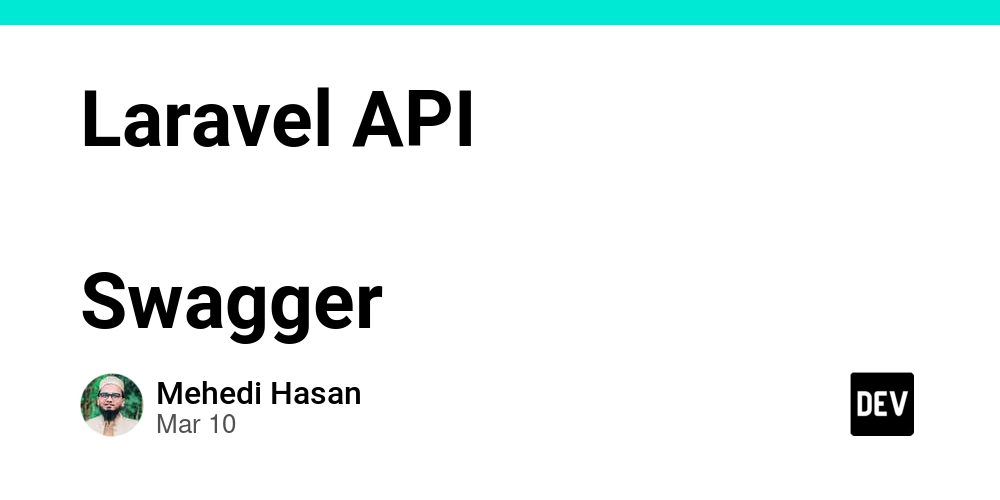Breaking into Cybersecurity: My Experience and Career Roadmap
In today’s digital age, cybersecurity plays a crucial role in safeguarding organizational data from cyber threats, hacking attempts, and security breaches. As businesses increasingly rely on technology, the risk of cyberattacks continues to grow, making cybersecurity professionals more essential than ever. My journey into cybersecurity started with a deep curiosity about how organizations protect their sensitive data and how I could contribute to this field. During my training at Hagital, I gained hands-on experience in security testing, identifying vulnerabilities, and working on real-world cybersecurity projects. As a young professional aspiring to grow in this industry, I have developed a structured path for building a successful career in cybersecurity and making a meaningful impact in securing digital assets. My Role as a Cybersecurity Professional Cybersecurity professionals are responsible for ensuring the safety and integrity of an organization's digital information. As I continue my journey in this field, I have come to understand that my role is dynamic, covering threat detection, prevention, response, and compliance. Some of my key areas of focus include: Identifying and Preventing Threats Through my experience, I have learned how cybersecurity experts monitor network traffic, identify vulnerabilities, and implement security measures to prevent attacks. In my training, I worked on projects where I used specialized tools to detect and analyze security threats. I also practiced penetration testing, simulating cyberattacks to uncover weaknesses in systems before malicious hackers could exploit them. Protecting Sensitive Data One of the most important aspects of cybersecurity is data protection. I have gained experience in encryption techniques, firewall protection, and implementing access control measures. By applying these security measures, I ensure that only authorized individuals can access critical data, thereby reducing the risk of data breaches. Incident Response and Recovery Despite the best security measures, cyber incidents still occur. In my learning process, I have studied how cybersecurity teams develop response plans to quickly address breaches, contain threats, and recover compromised systems. I have practiced analyzing security incidents and writing detailed reports to improve future defenses, a crucial skill for anyone in cybersecurity. Security Awareness and Compliance I strongly believe that one of the weakest links in cybersecurity is human error. As part of my learning experience, I have studied how security professionals train employees to recognize common threats like phishing attacks and social engineering tactics. I have also explored security compliance frameworks such as the General Data Protection Regulation (GDPR), ISO 27001, and the National Institute of Standards and Technology (NIST). Understanding these frameworks is essential for ensuring organizations meet security regulations and avoid legal risks. How I Am Building My Cybersecurity Career With the increasing demand for cybersecurity professionals, I have been working on developing my skills and gaining hands-on experience to break into the field successfully. My approach involves a combination of education, certifications, practical projects, and networking. Gaining Knowledge and Skills To build a solid foundation in cybersecurity, I have invested time in learning networking fundamentals, operating system security, and security tools. Understanding firewalls, VPNs, intrusion detection systems, and cryptographic protocols has strengthened my knowledge base and prepared me for real-world security challenges. Earning Cybersecurity Certifications Certifications are a key part of proving expertise in cybersecurity. I am currently working towards industry-recognized certifications, including: CompTIA Security+ (A foundational certification covering essential security principles) Certified Ethical Hacker (CEH) (Focusing on penetration testing and ethical hacking techniques) Google Cybersecurity Professional Certificate (Building hands-on skills in security operations and analysis) These certifications help me gain practical knowledge and demonstrate my abilities to potential employers. Gaining Hands-on Experience Cybersecurity is a field where hands-on experience matters as much as theoretical knowledge. I have actively practiced my skills through platforms like TryHackMe and Hack The Box, where I engage in penetration testing and vulnerability assessments. Additionally, I am exploring bug bounty programs on platforms like HackerOne and Bugcrowd to gain real-world experience in identifying security flaws and strengthening systems. Pursuing an Entry-Level Job As I continue to build my expertise, I am actively seeking opportunities in cybersecurity roles such as: SOC Analyst: Monitoring security alerts and investigating potential threats. Penetration Tester: conducting security a
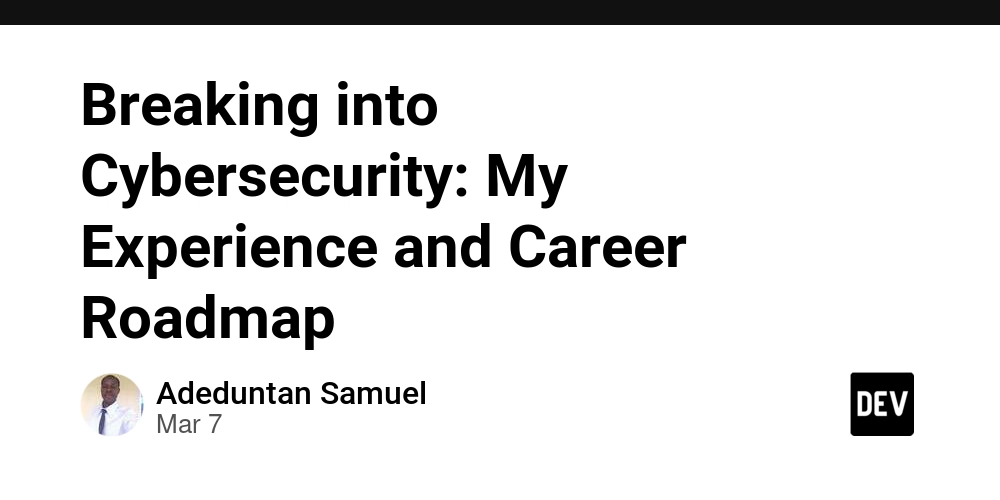
In today’s digital age, cybersecurity plays a crucial role in safeguarding organizational data from cyber threats, hacking attempts, and security breaches. As businesses increasingly rely on technology, the risk of cyberattacks continues to grow, making cybersecurity professionals more essential than ever. My journey into cybersecurity started with a deep curiosity about how organizations protect their sensitive data and how I could contribute to this field.
During my training at Hagital, I gained hands-on experience in security testing, identifying vulnerabilities, and working on real-world cybersecurity projects. As a young professional aspiring to grow in this industry, I have developed a structured path for building a successful career in cybersecurity and making a meaningful impact in securing digital assets.
My Role as a Cybersecurity Professional
Cybersecurity professionals are responsible for ensuring the safety and integrity of an organization's digital information. As I continue my journey in this field, I have come to understand that my role is dynamic, covering threat detection, prevention, response, and compliance. Some of my key areas of focus include:
- Identifying and Preventing Threats
Through my experience, I have learned how cybersecurity experts monitor network traffic, identify vulnerabilities, and implement security measures to prevent attacks. In my training, I worked on projects where I used specialized tools to detect and analyze security threats. I also practiced penetration testing, simulating cyberattacks to uncover weaknesses in systems before malicious hackers could exploit them.
- Protecting Sensitive Data
One of the most important aspects of cybersecurity is data protection. I have gained experience in encryption techniques, firewall protection, and implementing access control measures. By applying these security measures, I ensure that only authorized individuals can access critical data, thereby reducing the risk of data breaches.
- Incident Response and Recovery
Despite the best security measures, cyber incidents still occur. In my learning process, I have studied how cybersecurity teams develop response plans to quickly address breaches, contain threats, and recover compromised systems. I have practiced analyzing security incidents and writing detailed reports to improve future defenses, a crucial skill for anyone in cybersecurity.
- Security Awareness and Compliance
I strongly believe that one of the weakest links in cybersecurity is human error. As part of my learning experience, I have studied how security professionals train employees to recognize common threats like phishing attacks and social engineering tactics. I have also explored security compliance frameworks such as the General Data Protection Regulation (GDPR), ISO 27001, and the National Institute of Standards and Technology (NIST). Understanding these frameworks is essential for ensuring organizations meet security regulations and avoid legal risks.
How I Am Building My Cybersecurity Career
With the increasing demand for cybersecurity professionals, I have been working on developing my skills and gaining hands-on experience to break into the field successfully. My approach involves a combination of education, certifications, practical projects, and networking.
- Gaining Knowledge and Skills
To build a solid foundation in cybersecurity, I have invested time in learning networking fundamentals, operating system security, and security tools. Understanding firewalls, VPNs, intrusion detection systems, and cryptographic protocols has strengthened my knowledge base and prepared me for real-world security challenges.
- Earning Cybersecurity Certifications
Certifications are a key part of proving expertise in cybersecurity. I am currently working towards industry-recognized certifications, including:
CompTIA Security+ (A foundational certification covering essential security principles)
Certified Ethical Hacker (CEH) (Focusing on penetration testing and ethical hacking techniques)
Google Cybersecurity Professional Certificate (Building hands-on skills in security operations and analysis)
These certifications help me gain practical knowledge and demonstrate my abilities to potential employers.
- Gaining Hands-on Experience
Cybersecurity is a field where hands-on experience matters as much as theoretical knowledge. I have actively practiced my skills through platforms like TryHackMe and Hack The Box, where I engage in penetration testing and vulnerability assessments. Additionally, I am exploring bug bounty programs on platforms like HackerOne and Bugcrowd to gain real-world experience in identifying security flaws and strengthening systems.
- Pursuing an Entry-Level Job
As I continue to build my expertise, I am actively seeking opportunities in cybersecurity roles such as:
SOC Analyst: Monitoring security alerts and investigating potential threats.
Penetration Tester: conducting security assessments and ethical hacking.
IT Security Analyst: Implementing security controls and managing risk assessments.
These roles will allow me to apply my knowledge and develop further expertise in protecting organizations from cyber threats.
- Networking and Continuous Learning
Cybersecurity is a rapidly evolving field, requiring professionals to stay updated with the latest trends. I have joined cybersecurity communities on LinkedIn, Discord, and Twitter to connect with industry experts. Additionally, I follow cybersecurity conferences like DEFCON and Black Hat to gain insights into new threats and security advancements.
Conclusion
My journey into cybersecurity has been driven by curiosity, passion, and the desire to make a meaningful impact in protecting digital assets. As I continue to develop my skills and gain experience, I am committed to growing as a cybersecurity professional. By acquiring knowledge, earning certifications, gaining practical experience, and networking within the industry, I am positioning myself for a successful career in cybersecurity. With cyber threats evolving daily, I am excited to be part of a field that plays a critical role in securing organizations and individuals in the digital world.











































































































































































![[The AI Show Episode 142]: ChatGPT’s New Image Generator, Studio Ghibli Craze and Backlash, Gemini 2.5, OpenAI Academy, 4o Updates, Vibe Marketing & xAI Acquires X](https://www.marketingaiinstitute.com/hubfs/ep%20142%20cover.png)















































































































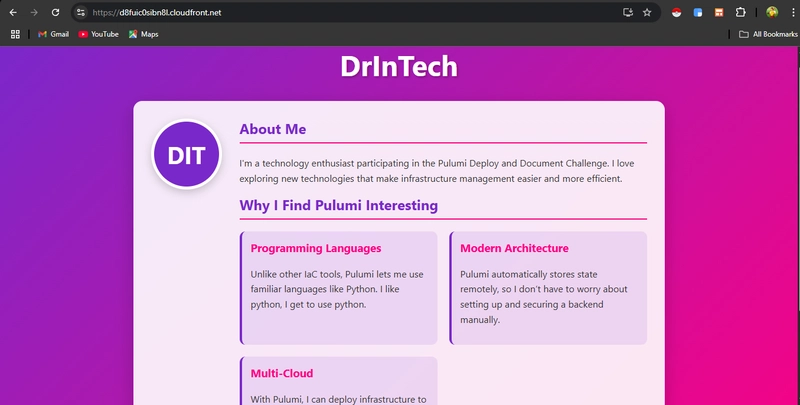

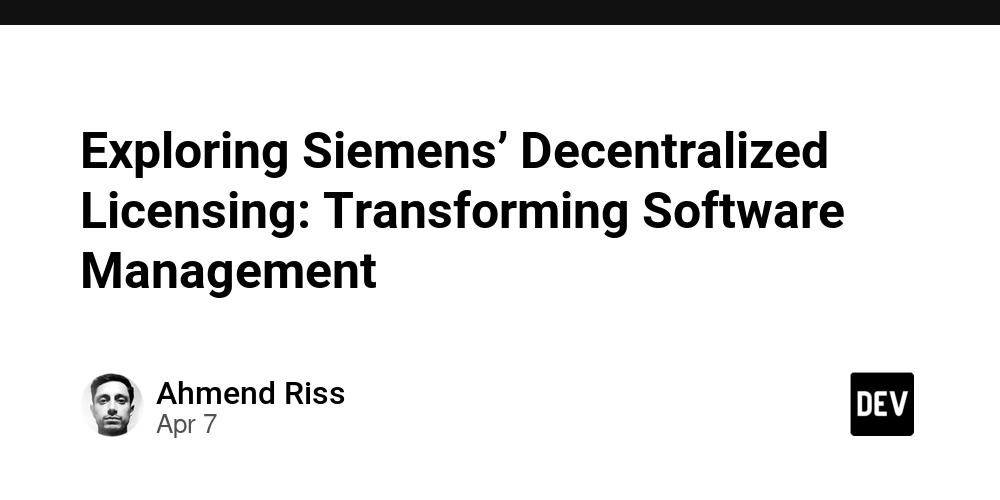
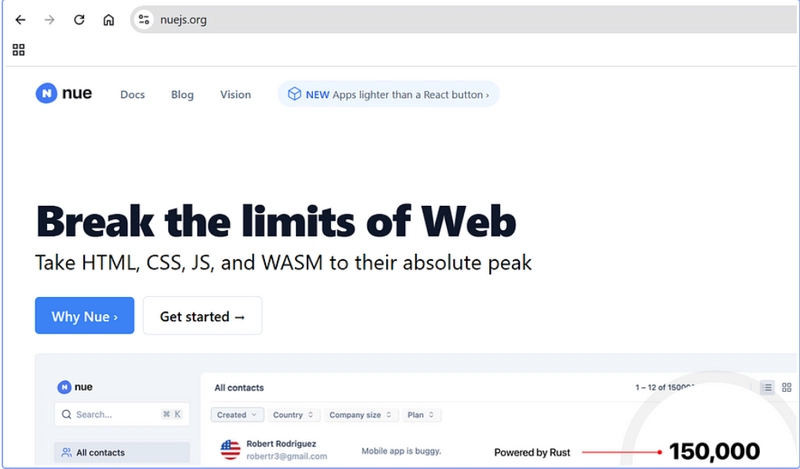









![[DEALS] The Premium Learn to Code Certification Bundle (97% off) & Other Deals Up To 98% Off – Offers End Soon!](https://www.javacodegeeks.com/wp-content/uploads/2012/12/jcg-logo.jpg)


![From drop-out to software architect with Jason Lengstorf [Podcast #167]](https://cdn.hashnode.com/res/hashnode/image/upload/v1743796461357/f3d19cd7-e6f5-4d7c-8bfc-eb974bc8da68.png?#)








































































































.png?#)


































_Christophe_Coat_Alamy.jpg?#)
.webp?#)
 (1).webp?#)






































































































![Apple Considers Delaying Smart Home Hub Until 2026 [Gurman]](https://www.iclarified.com/images/news/96946/96946/96946-640.jpg)
![iPhone 17 Pro Won't Feature Two-Toned Back [Gurman]](https://www.iclarified.com/images/news/96944/96944/96944-640.jpg)
![Tariffs Threaten Apple's $999 iPhone Price Point in the U.S. [Gurman]](https://www.iclarified.com/images/news/96943/96943/96943-640.jpg)






























































































































